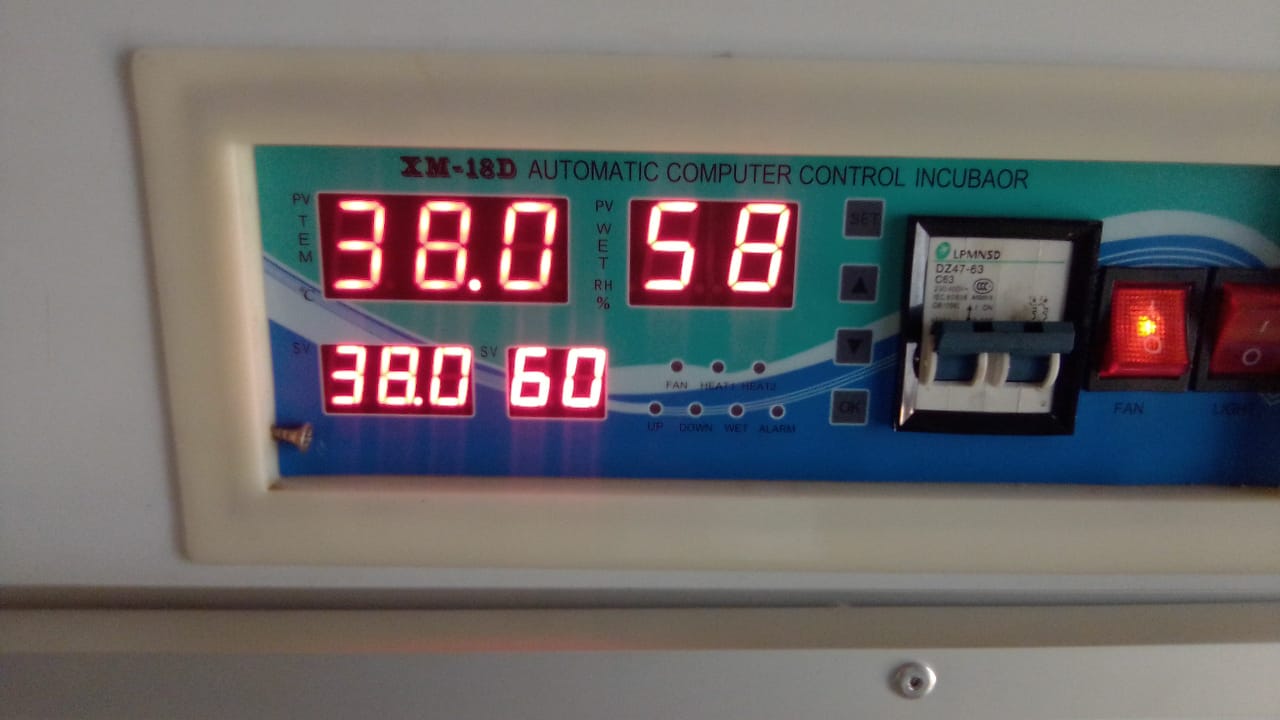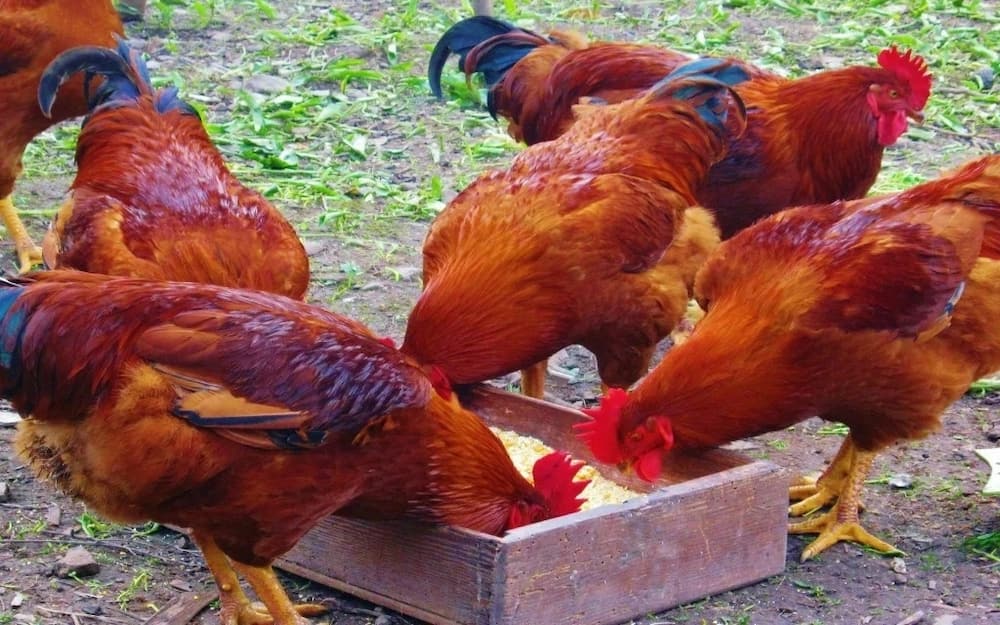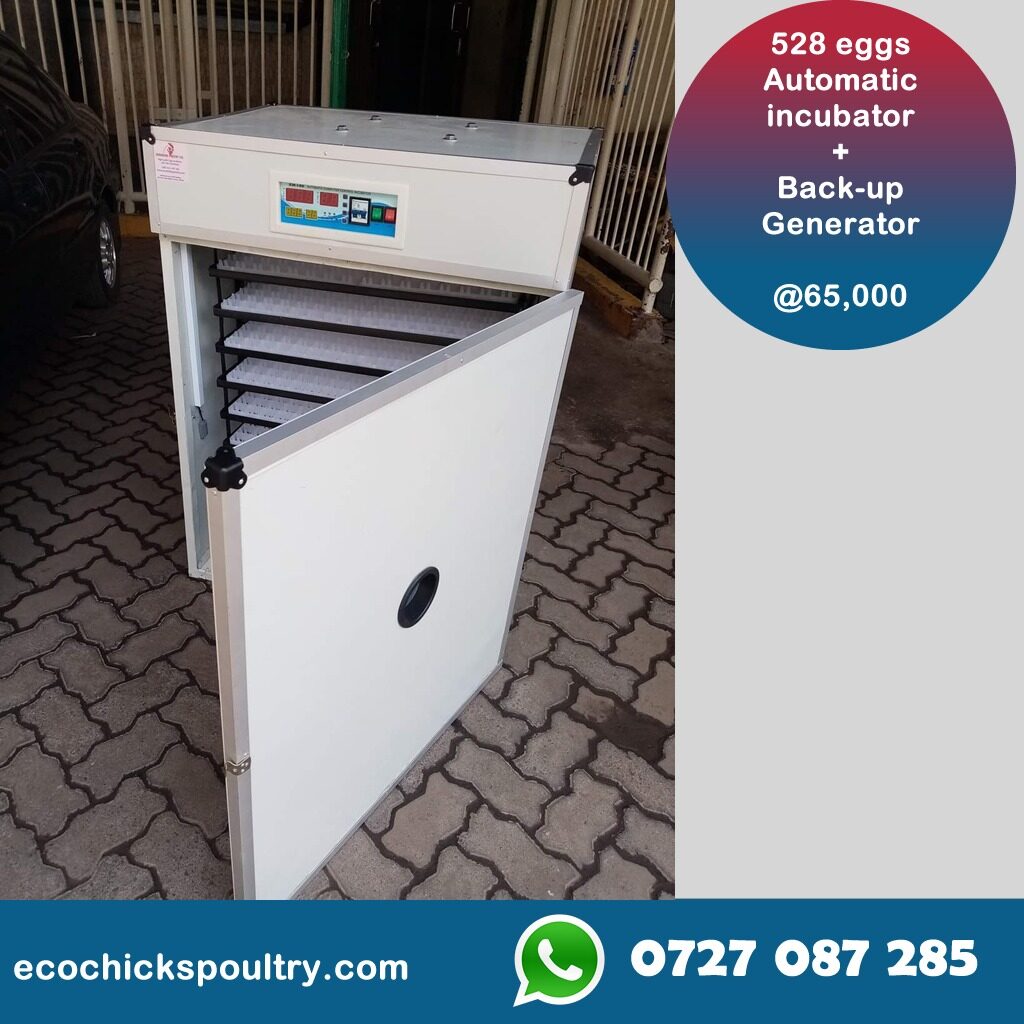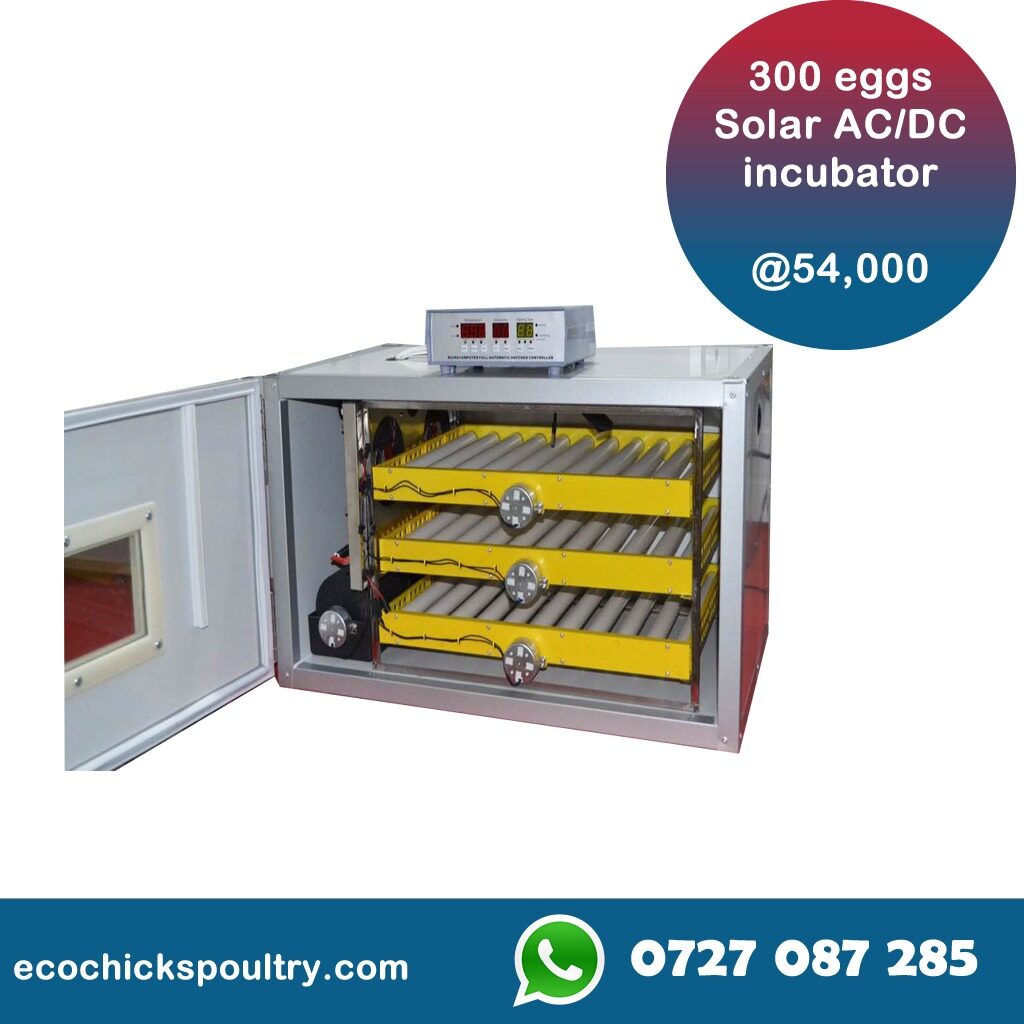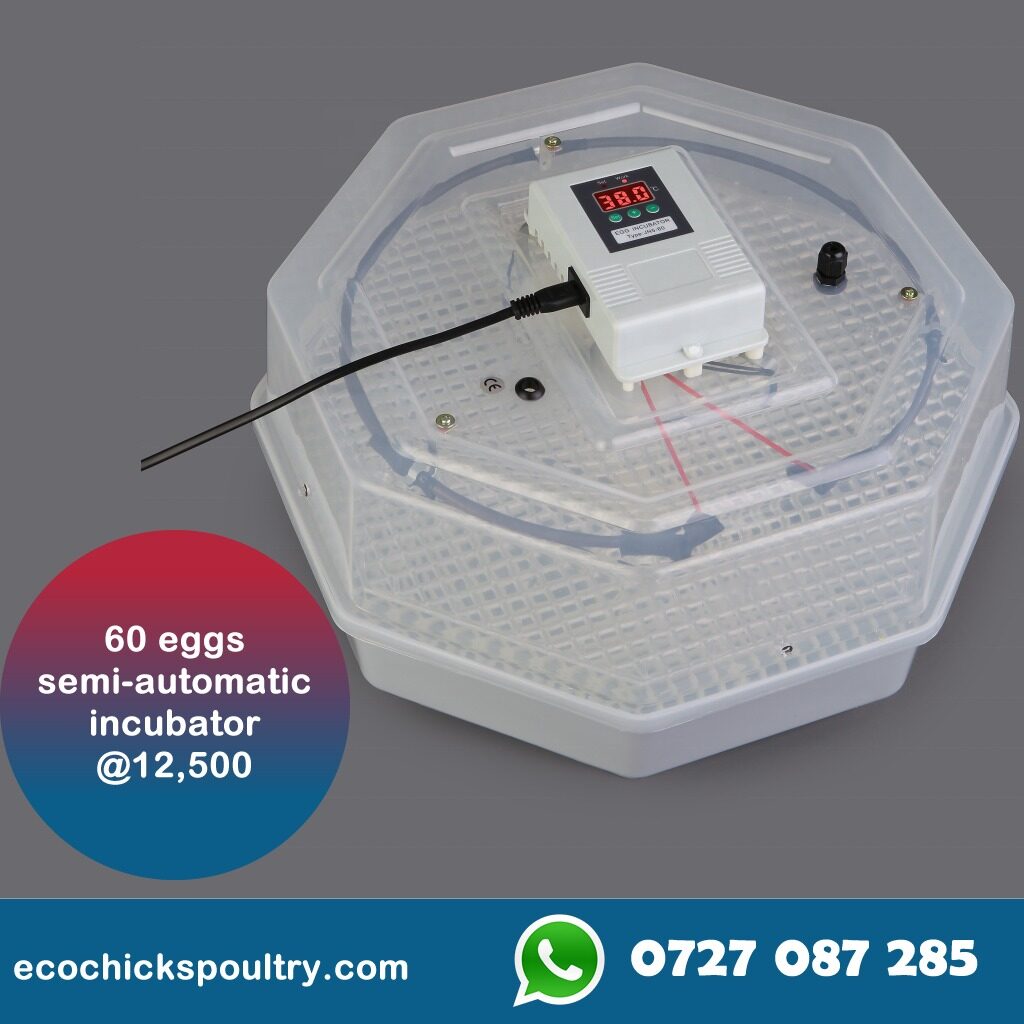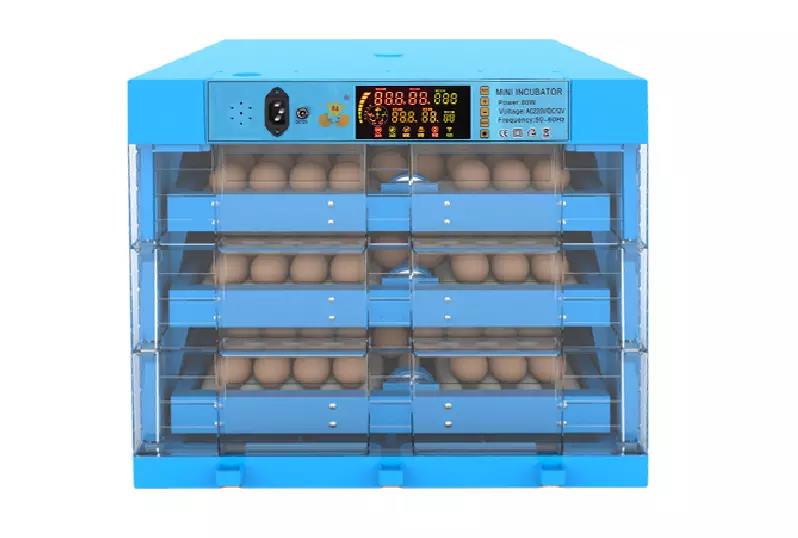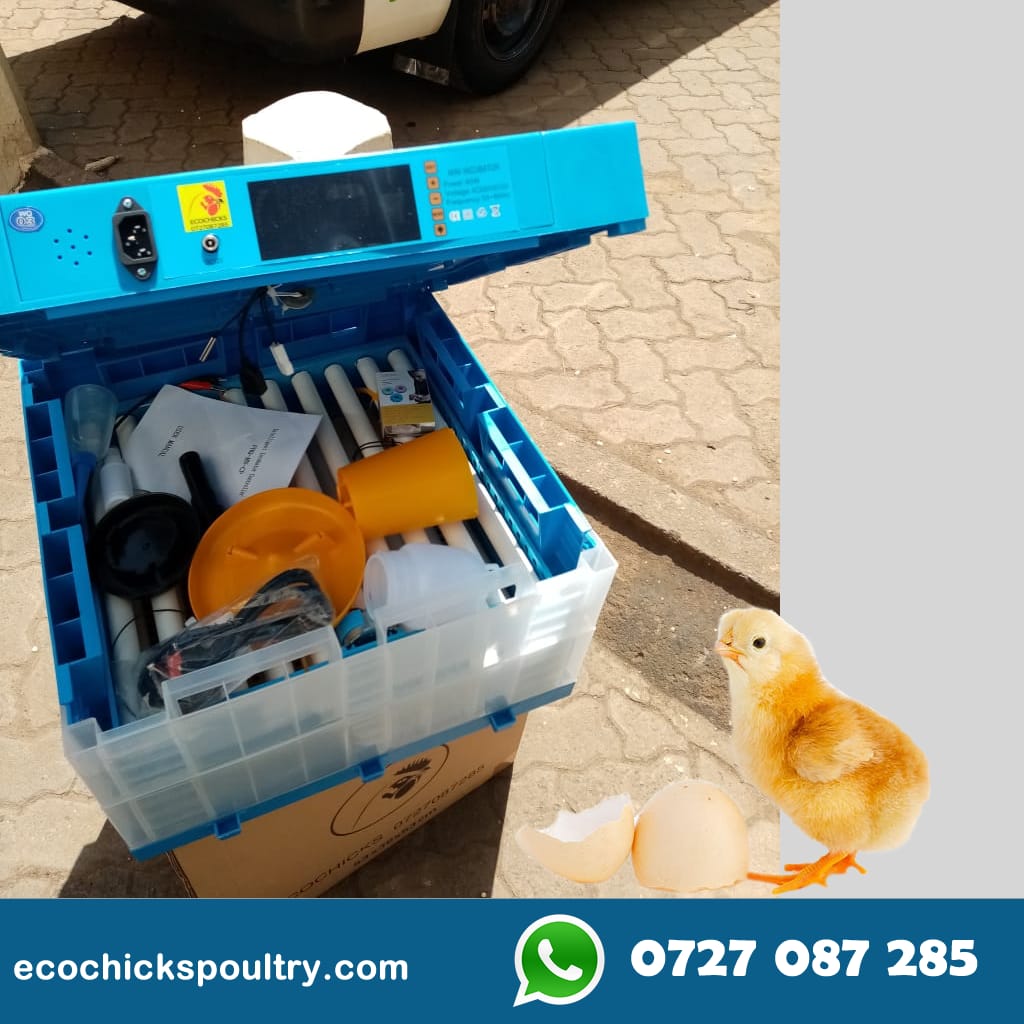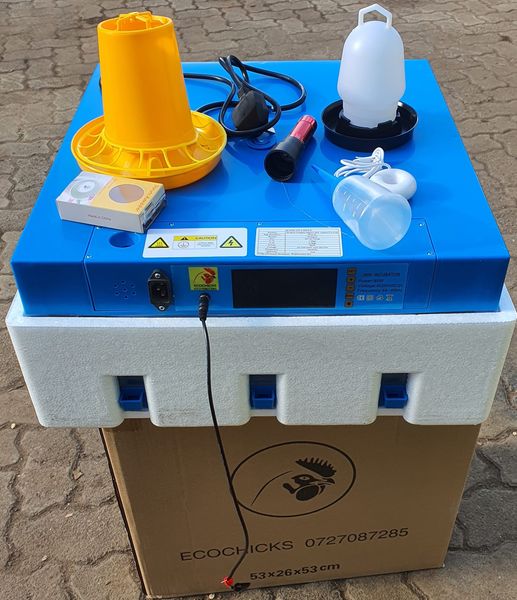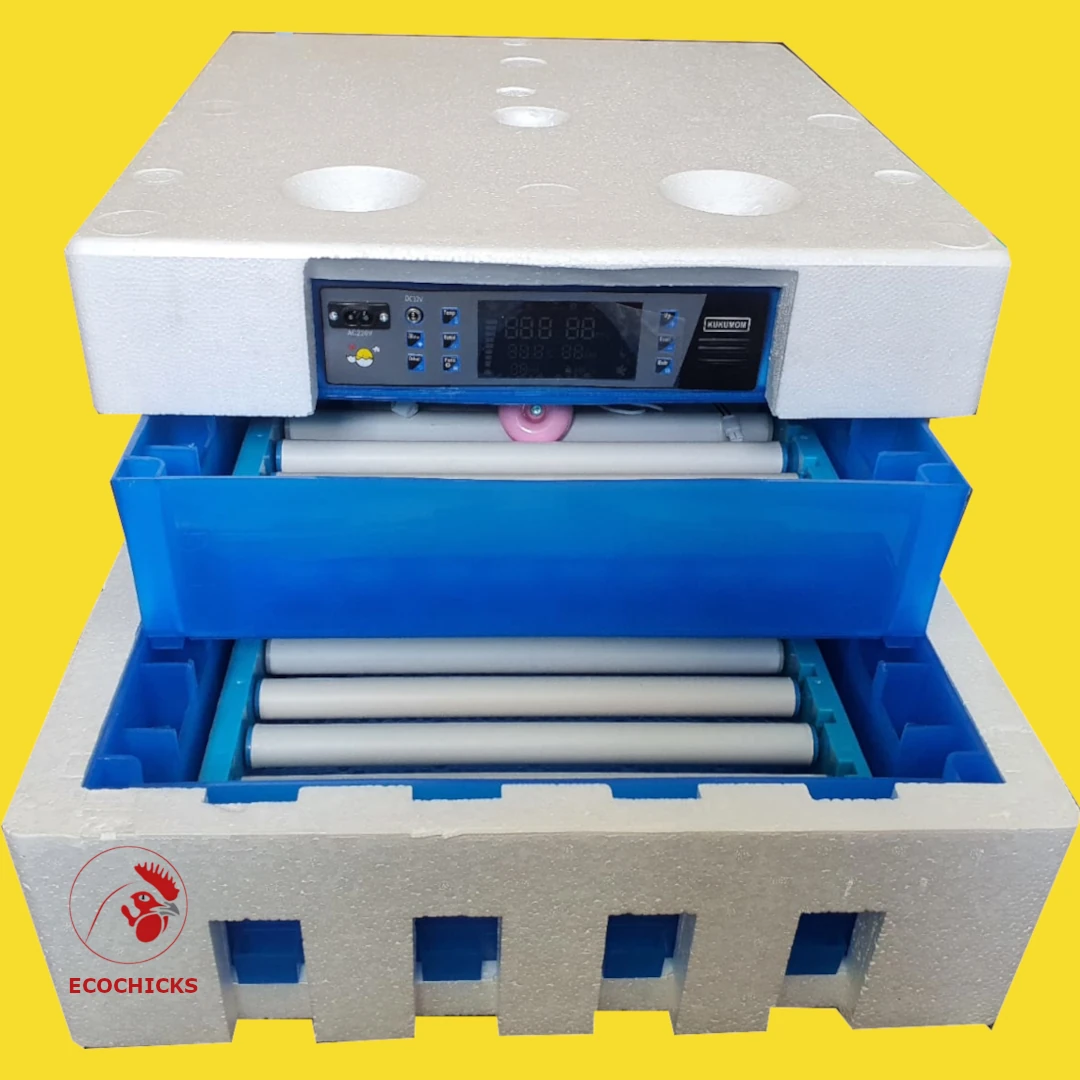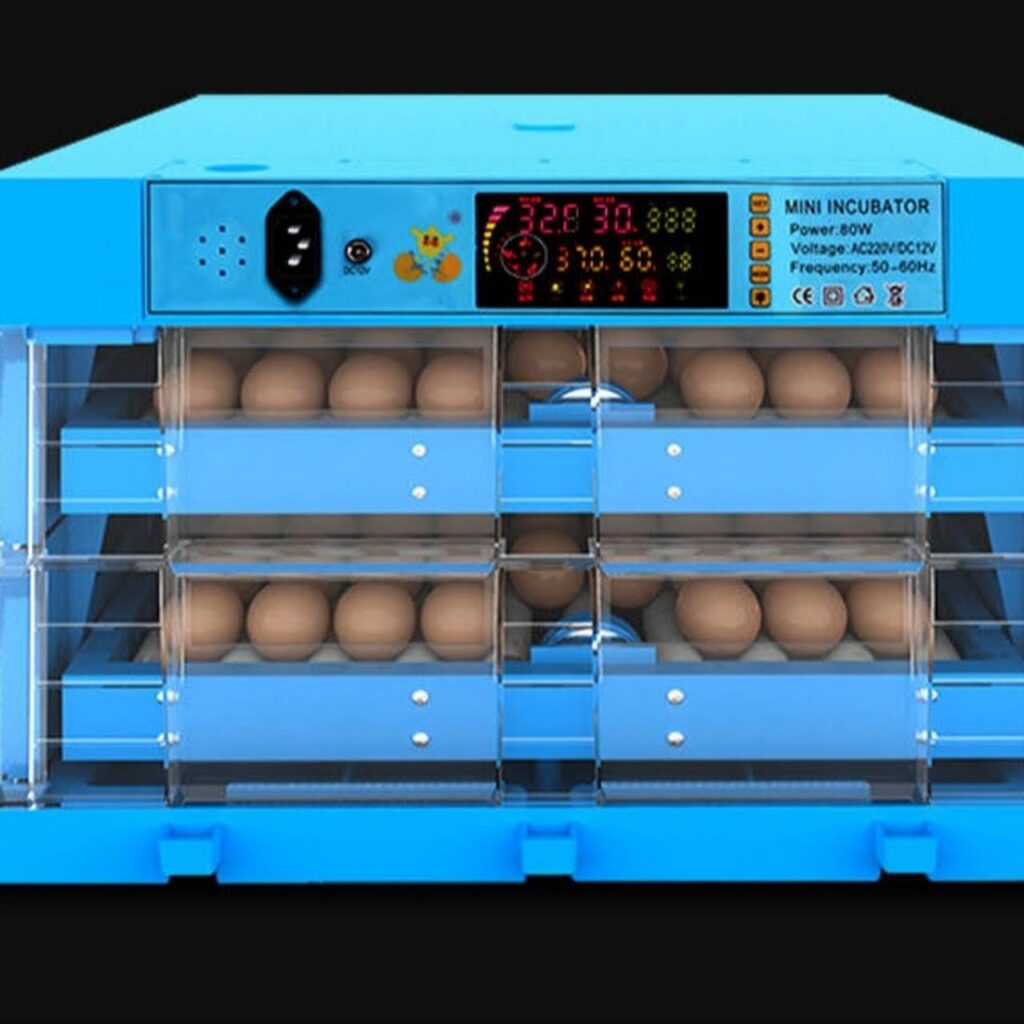How to decrease humidity in incubator
To decrease the humidity levels in an incubator, you can try the following steps:
- Ventilation: Increase ventilation by opening the incubator vents or adding additional ventilation holes. This will allow excess moisture to escape and decrease humidity levels.
- Water Evaporation: Reduce the amount of water used for humidification. You can also place the water source further from the eggs to slow down evaporation.
- Absorbent material: Place a dry, absorbent material, such as sand, vermiculite, or perlite, in the incubator. This material will absorb excess moisture, helping to lower humidity levels.
- Humidifier adjustment: If your incubator has a built-in humidifier, adjust it to release less moisture into the incubator.
- Monitoring: Regularly monitor the humidity levels using a hygrometer and make adjustments as necessary.
Note: Always refer to the manufacturer’s guidelines for the recommended humidity levels for your specific incubator and adjust accordingly.

